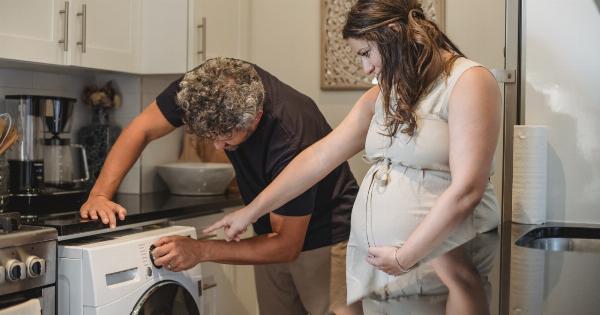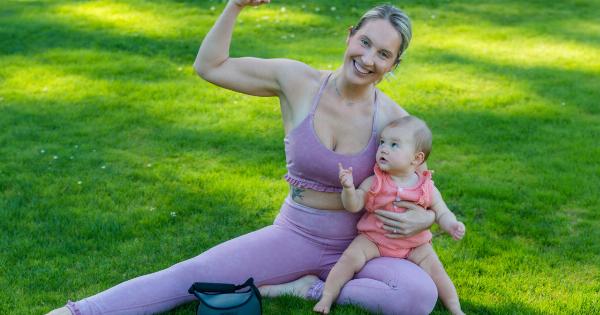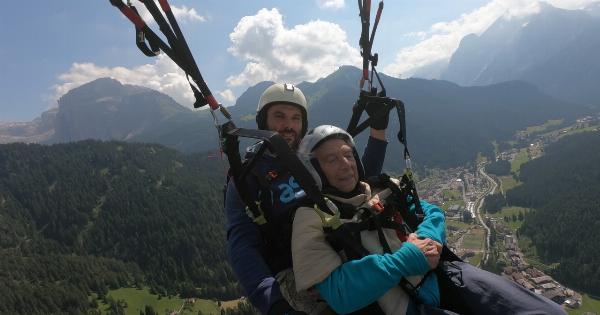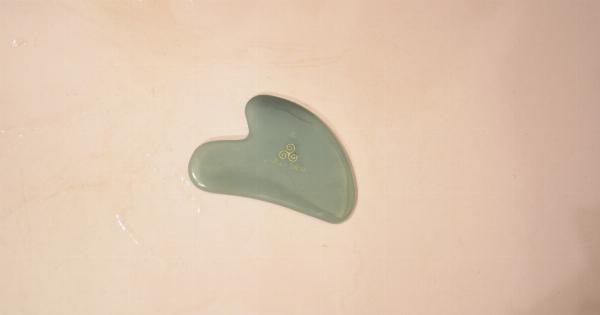Feeling your baby kick for the first time is an incredibly exciting milestone in pregnancy. It’s a tangible reminder that there is a little life growing inside you, and it can strengthen the bond between you and your baby.
If you’re eagerly awaiting those first flutters, here’s what you can expect when you start feeling those baby kicks.
When Do You Start Feeling Baby Kicks?
The timing of when you’ll start feeling your baby’s movements can vary from woman to woman. Some women may start feeling flutters as early as 16 weeks, while others may not feel anything until closer to 25 weeks.
Generally, first-time moms tend to feel kicks a little later compared to women who have been pregnant before.
It’s important to note that if you haven’t felt any movements by around 25 weeks, or if your baby’s movements have slowed down significantly, you should contact your healthcare provider.
They can check to ensure everything is progressing as it should be.
What Do Baby Kicks Feel Like?
Describing the sensation of baby kicks can be difficult, especially for first-time moms who haven’t experienced it before. In the beginning, the movements may feel like gentle flutters or bubbles popping.
As your baby grows, the kicks may become stronger, and you may even feel small jabs or rolls.
Every woman’s experience with baby kicks can vary, so don’t worry if your experience doesn’t match someone else’s.
The important thing is to pay attention to your baby’s movements and become familiar with their patterns and regular activity.
Where Do You Feel Baby Kicks?
Initially, you may feel baby kicks very low in your pelvis, almost like butterflies in your stomach. As your pregnancy progresses, the kicks will gradually move higher up as your baby grows and gets stronger.
You might feel kicks in your lower abdomen, near your belly button, or even on the sides of your tummy.
You might notice that certain movements elicit a response from your baby. For example, some babies may become more active after you’ve eaten or had a sugary drink. Others may respond to loud noises or changes in your position.
Paying attention to these cues can help you bond with your baby even before they’re born.
Can You Predict Your Baby’s Schedule?
While it might be exciting to try and predict when your baby will be most active, it’s important to remember that every baby is different.
Some babies have more defined patterns and are consistently active at certain times of the day, while others may have more unpredictable movements.
However, it’s always a good idea to be vigilant and monitor your baby’s movements.
If you notice any significant changes, such as a sudden decrease in activity, it’s crucial to contact your healthcare provider, as it could be a sign of a potential problem.
Ways to Bond with Your Baby Through Kicks
Feeling your baby kick is not only exciting but also an opportunity to deepen your bond with them. Here are a few ways you can connect with your baby through their movements:.
1. Talk or Sing to Your Baby
Your baby can hear sounds from the womb, so talking or singing to them can be a wonderful way to bond. Your voice will become familiar to them, and they may even respond with more movements when they hear you.
2. Gently Massage Your Belly
Applying gentle pressure or massaging your belly can help stimulate your baby and get them moving. It’s a soothing and calming experience for both you and your little one.
3. Play Music
Playing soft music or sounds that you enjoy can provide a relaxing environment for your baby. They may even respond with kicks and movements in rhythm with the music.
4. Share the Experience with Your Partner
Encourage your partner to place their hand on your belly and feel the baby’s kicks. It’s a beautiful way for them to bond with your baby and be a part of this special journey.
Conclusion
Feeling your baby kicks is an incredible experience that deepens the connection between you and your little one.
The timing and sensations of baby kicks can vary, but paying attention to your baby’s movements and patterns is important for their well-being. Cherish these moments and find unique ways to bond with your baby through their kicks. Before you know it, those gentle flutters will turn into full-on kicks and rolls that you can’t only feel but also see.






























